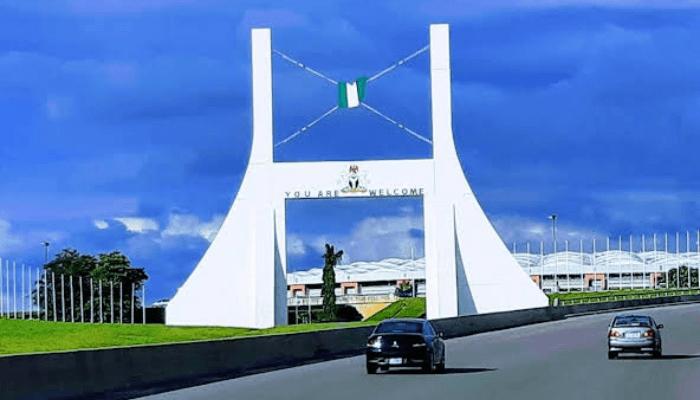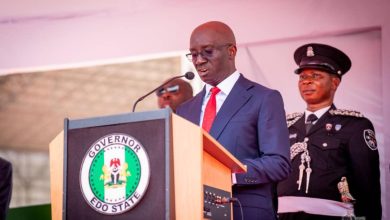From Founders to Forgotten: Economic Loss and Political Silence for Abuja’s Indigenous People

The more than two million indigenous residents of Nigeria confront an uncertain future defined by state-backed land grabs, political exclusion, and the erasing of cultural identity as the country’s administrative capital grows and modernizes.
These days, their predicament is being examined internationally, with ramifications for Nigeria’s investment climate, land governance, and social stability.
In Geneva, the Resource Centre for Human Rights & Civic Education (CHRICED) presented a somber assessment on the “looming extinction” of Abuja’s indigenous peoples at the 18th Session of the UN Expert Mechanism on the Rights of Indigenous Peoples.
These populations, known as the Original Inhabitants (OIs), representing nine tribes and seventeen chiefdoms, formerly possessed ancient rights to the land that now houses Nigeria’s glittering capital.
Dr. Ibrahim Zikirullahi, Executive Director of CHRICED, claims that “indigenous peoples in the FCT are being systematically erased—politically, economically, and culturally.”
With assistance from the MacArthur Foundation, he led a team of six people who went to the UN’s Palais des Nations to make the case to world experts.
The problem has legal and economic roots. In order to create the Federal Capital Territory (FCT), a projected seat of government meant to replace Lagos, General Murtala Mohammed’s government acquired large tracts of land from these villages under Military Decree No. 6 of 1976.
Without providing compensation, the order took away traditional title and gave the land to the federal government.
Read Also: Paul Ibe Alleges PDP ‘Rogue Elements’ Leaked Atiku’s Resignation Letter
This led to the forcible relocation of entire populations without a planned resettlement strategy, a mistake that has been overlooked by succeeding administrations.
In addition to being humanitarian, CHRICED contends that the cost of this dispossession is also financial.
The thriving land and property market in Abuja, which is perhaps one of the most profitable in West Africa, has been closed to the original residents.
Today, infrastructure investment, international diplomatic presence, and public-private real estate developments all center on the FCT. The people whose property this development is situated on, however, continue to be marginalized and living in poverty.
In Geneva, Dr. Zikirullahi added, “It is not just a matter of justice.” It has to do with maintaining national stability. To build a capital city on unsolved injustice is not a sustainable way to live.
Additionally, political disenfranchisement was discussed in CHRICED’s presentation. Despite their size, Abuja’s OIs are not fully represented in politics.
Unlike Nigeria’s 36 states, the Federal Capital Territory lacks constitutional standing, and its indigenous populations are frequently left out of decision-making processes pertaining to social services, infrastructural development, and land usage.
Although these communities’ rights to recognition and compensation have been upheld by Supreme Court decisions, implementation has stalled. CHRICED argues that this legal immobility is a reflection of larger governance issues, such as a policy culture that prioritizes urban growth above community preservation, bureaucratic corruption, and a lack of political will.
The ramifications for investors are not merely theoretical. One of the main reasons for economic disruption in Nigeria is land-related conflicts, especially in industries like extractives, construction, and agriculture.
Project delays, legal action, and reputational harm may arise from a failure to communicate with impacted populations, particularly those whose claims remain unresolved.
Respect for the rights of the original landowners is necessary for sustainable investment, according to Dr. Zikirullahi.
Additionally, CHRICED drew attention to the problem of data sovereignty and urged the Nigerian government to utilize community-generated data in planning and policymaking.
This is especially critical in Abuja, where demographic data frequently overlooks the unique socioeconomic circumstances of indigenous communities. Interventions that address cultural loss, unemployment, and displacement are almost impossible to develop without precise, community-led data.
As Nigeria struggles with more general issues of federal structure, land reform, and indigenous rights, Geneva issues the warning. Abuja’s unsolved indigeneity dilemma runs the risk of intensifying into a larger upheaval due to its youth-heavy population and growing calls for decentralization.





